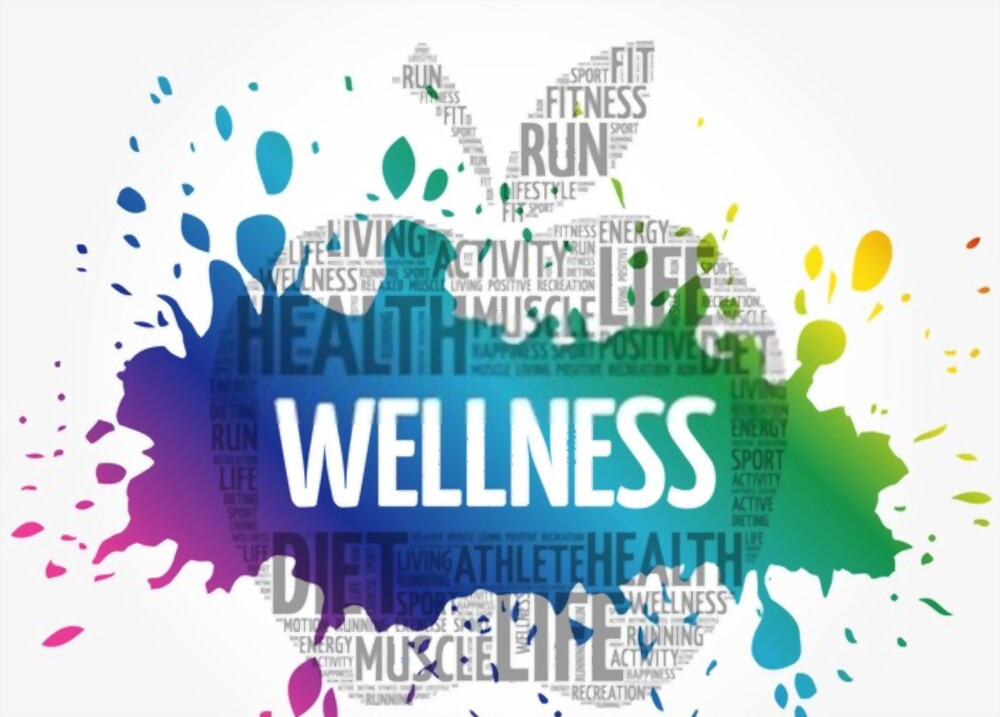What is Wellness Defined?
How is wellness defined? Health is a state of total well-being through the identification, evaluation, and assessment of your current health status and future health prospects. Health is not just a matter of being healthy but being healthy in the sense that you feel good about yourself and know you are healthy. Health and wellness encompass aspects such as physical, mental, and social well-being.
How is wellness important in today’s society with its hectic, busy, and fast-paced life styles? The definition of health is becoming increasingly important to society as more people live longer and the need for health services grows. The fact is that physical activity plays an important part in maintaining optimal health. The active process promotes wellness through:
How is wellness defined as a physical activity? The active process promotes optimal health through: Cardiovascular fitness – exercise that improves your cardiovascular health and reduces your risk for heart disease and stroke. Aerobic fitness – activities that increase your aerobic capacity are considered to be an aerobic exercise and should be included in any definition of health and wellness. Muscular fitness – activities that improve your muscular strength, endurance, and flexibility are considered to be an aerobic workout and should also be included in any definition of health and wellness.
What is the relation between health and wellness and mental health? Health and wellness refer to two terms; well-being and healthiness. Wellness refers to the ability to cope with stress and the challenges of life. On the other hand, healthiness refers to the ability to enjoy physical, mental, and social well-being.
What is the relation between wellness and a healthy lifestyle? A healthy lifestyle is a balanced diet, regular physical activity, and an active lifestyle where we get the maximum benefit from our physical activities. The objective of a healthy lifestyle is to promote a healthy mind and body by reducing the risks for serious illness and disability. A healthy lifestyle also includes taking time to rest and recuperate, which helps maintain a sense of well-being and promotes health and wellness.
Mental health is the mental health and wellness of you as an individual. It also includes your ability to live a successful and satisfying life. Mental wellness is influenced by a person’s thoughts, feelings, behavior, communication, relationships, experiences, and social environment. A healthy lifestyle includes an overall mental health and well-being.
Can a healthy lifestyle be achieved without involving fitness activities? A good, healthy lifestyle can be achieved through a combination of a balanced diet, regular physical wellness activities, and a reduction in lifetime risk of chronic diseases and disability. In the United States, the National Institute on Mental Health and Wellness has reported that physical fitness is important in maintaining optimal mental health and well-being.
This statement is based in recognition of the fact that physical activity is one of the best ways to reduce stress, improve mood and decrease the symptoms of depression and anxiety. A balanced diet helps to ensure that a balanced nutritional program is achieved and it provides the nutrients needed to support the optimal mental health and well-being.
A holistic approach to health is essential. Holistic wellness incorporates a comprehensive approach to disease prevention, treatment, and recovery. This type of preventive care enhances quality of life, while improving physical and mental health. Holistic wellness is a growing segment of the wellness industry and has proven to be useful in improving the public’s health. According to the American College of Nutrition, “In recent years, there has been an increase in interest in promoting a healthy lifestyle through the implementation of dietary changes, active involvement, and nutritional counseling.”


